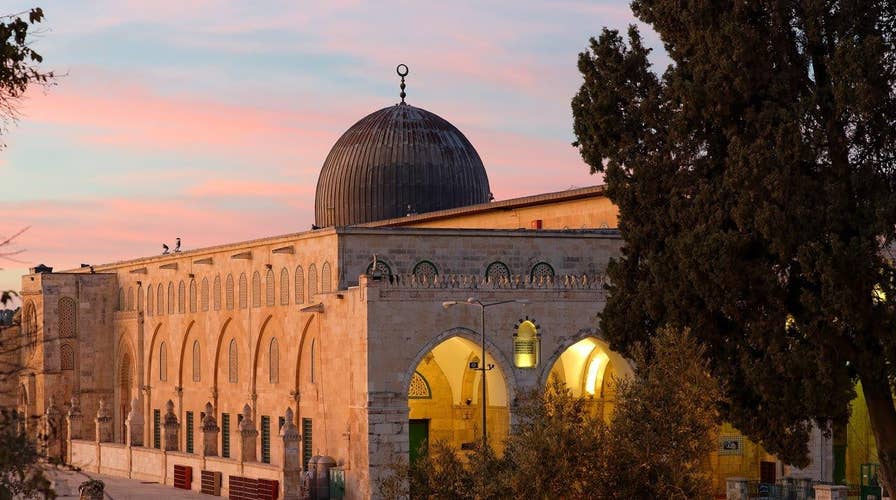Focus on mosques in America intensified
Spirited Debate: The massacre in Orlando, Florida by a man who pledged his allegiance to the Islamic State has re-intensified focus on mosques in America
A federal lawsuit was filed Tuesday after a judge prohibited citizens of a New Jersey town from using the words "Muslim" and "Islam" at an upcoming public hearing over the building of a mosque in a residential area.
The Thomas More Law Center -- a nonprofit Christian, conservative law firm based in Michigan -- filed suit in New Jersey on behalf of Christopher and Loretta Quick, who reside within 200 feet of the proposed mosque construction in a zoned residential area.
The Justice Department announced in May that Bernards Township must pay an Islamic group $3.25 million to settle a lawsuit over the township’s denial of a permit to build a mosque.
Under the settlement, the group will be allowed to build the mosque and the town agreed to limit the zoning restrictions placed on houses of worship.
At a public hearing about the settlement, scheduled for Aug. 8, a federal judge has banned residents from speaking the words "Muslim" and "Islam," according to a court order obtained by the Thomas More Law Center.
"This is not a settlement agreement. It is an instrument of surrender," Richard Thompson, president and chief counsel of the Thomas More Law Center, said of the outcome.
"Bernards Township capitulated to the Islamic Society of Basking Ridge, not only paying them $3.25 million and allowing the construction of a mosque in a residential area not suited for such a building, but violated the free speech rights of its citizens by prohibiting them from commenting on Islam or Muslims at an upcoming public hearing," Thompson told Fox News on Wednesday.
The township has only prohibited comments concerning Islam and Muslims. This is un-American and runs counter to our Constitution.
"Our lawsuit points out that in the complaint that gave rise to the settlement agreement, the Islamic Society made references to Christians on 24 occasions and Jews on 11 occasions," added Thompson. "By the terms of the settlement agreement, the Islamic Society may continue to comment on Christians and Jews."
"The township has only prohibited comments concerning Islam and Muslims," he said. "This is un-American and runs counter to our Constitution."
The Islamic Society of Basking Ridge sued Bernards Township, an upscale town in central New Jersey, last year, claiming it changed its zoning ordinances in order to deny the group's plans. The Justice Department also sued the town last year, alleging it treated the group differently than other religious groups.
The $3.25 million is to settle the Islamic Society's lawsuit against the town, split into $1.75 million for attorneys' fees and costs and $1.5 million for damages.
Through a spokesman, the township committee denied discriminating against the Islamic Society and maintained the denial of the group's proposal was "based on accepted land use criteria only," according to a report by the Associated Press.
It noted that the group's members have used other township facilities to practice their religion for years, The Associated Press reported in May.
"We remain a united township where all are welcome," spokesman Michael P. Turner wrote in an email to the AP. "This is the end of a long engagement on the application and opinions may still be varied, but it is in the best interest of the township to conclude the litigation."
Central to the town's concerns was parking. Township planners had concluded that because Friday afternoon was considered peak worship time, congregants would most likely be arriving straight from work and would each need a parking space.
But a federal judge disagreed, and wrote in a ruling Dec. 31 that the town hadn't conducted similar assessments of worship habits when churches or synagogues had made applications.
The Justice Department lawsuit also alleged the town changed its zoning laws to require houses of worship in residential districts to be at least six acres — larger than the lot the Islamic Society had purchased in 2011.
Eight of 11 other houses of worship built before the zoning laws were changed are on lots smaller than six acres, the complaint alleged.
The Associated Press contributed to this report.


